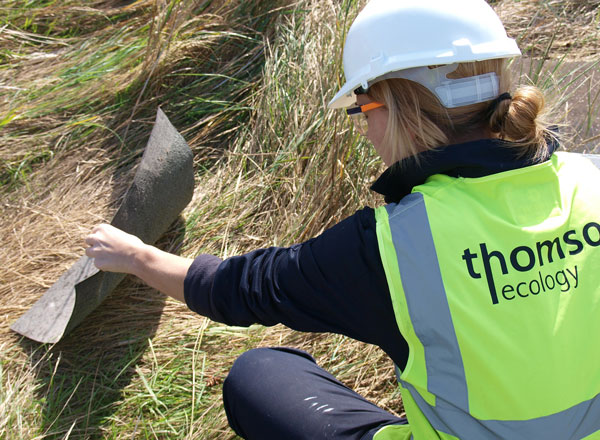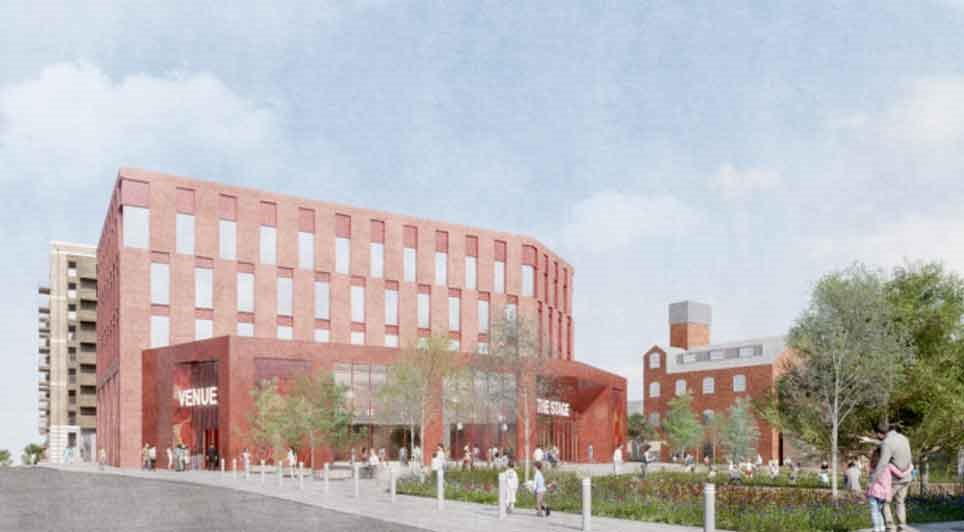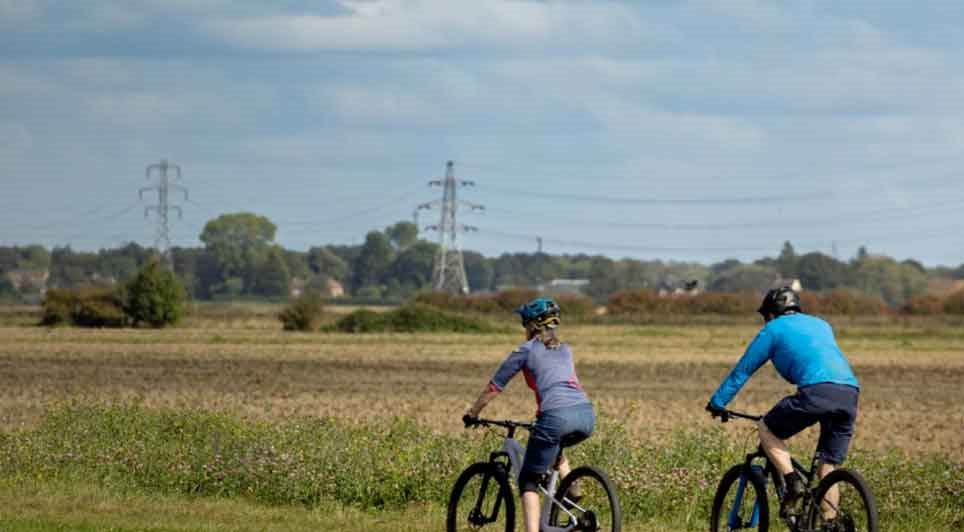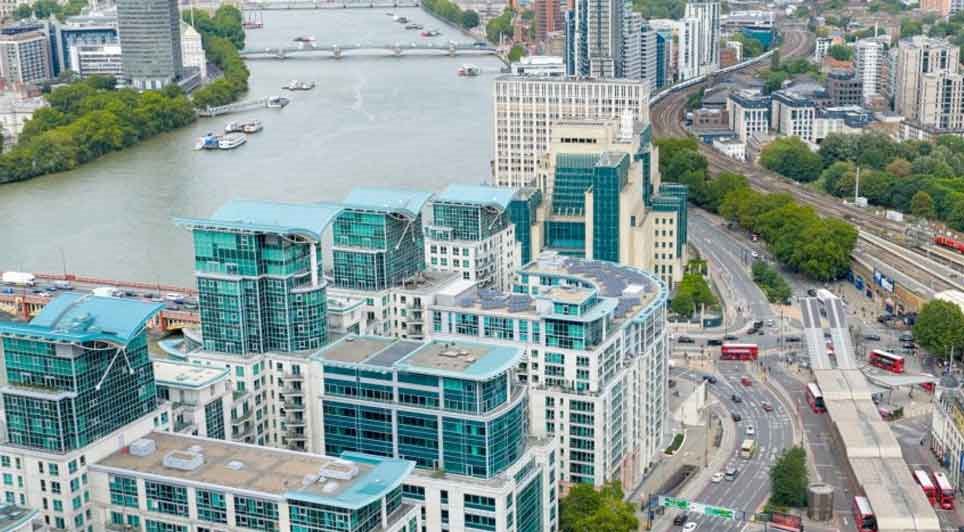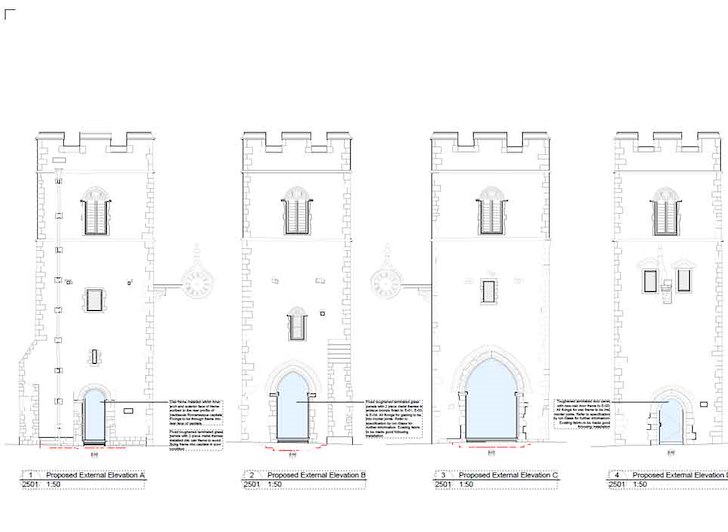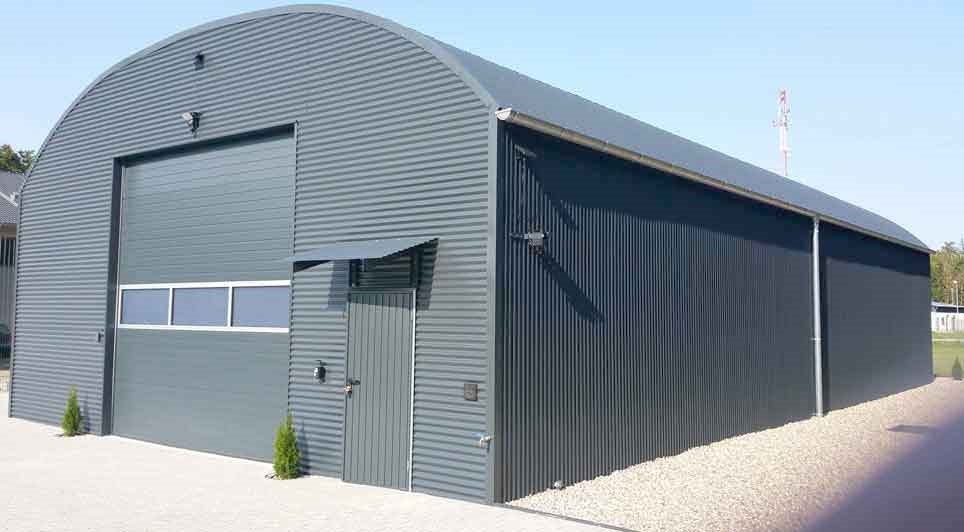Thomson Ecology has been selected to help deliver a major new residential development in Hampshire.
The Welborne Garden Village scheme is a mixed-use development by Buckland Development Ltd consisting of 6,000 homes, retail and employment centres, schools, community facilities and public green space north of Fareham.
As part of the project, Thomson Ecology's team carried out an Ecological Impact Assessment (EcIA) and prepared the Ecology Chapter of the Environmental Statement (ES) for the developer. In addition, the team conducted a range of wildlife surveys as well as a National Vegetation Classification (NVC) survey of woodland.
The final 'masterplan' of the project includes 78 hectares of Suitable Alternative Natural Greenspace (SANG), which features a 2.8km circular woodland walk linking to a large common area via a mile long 90m wide area. In addition parking, visitor information, all weather paths and a choice of walking routes and viewing sites will be provided.
Paul Franklin, Principal Ecological Consultant from Thomson Ecology, said: "We have worked with our client, Buckland Development Ltd, on this project since 2013. This has meant we have been involved right from the start in helping to establish the vision based on Garden City principles and the subsequent pre- planning process, providing strategic ecology support and advice to our client.
"After a series of initial surveys, our impact assessment determined that without mitigation the development could result in potential adverse effects on fauna, habitats and designated sites for nature conservation. We prepared a mitigation strategy to reduce the potential impact on species and habitats, and, where possible, create beneficial effects and biodiversity enhancements. This included retention and protection of existing habitat, and creation and management of new habitat.
"We were involved as part of Buckland's project design team to ensure integration of areas for ecological mitigation, compensation and amenity greenspace into the masterplan. This included making changes to the design layout to safeguard important existing habitats and advising on a lighting scheme design to minimise impacts on bats."
Work on the scheme could begin in the second half of 2018, with the overall development taking more than 20 years to complete.
(LM)
 UK
UK Ireland
Ireland Scotland
Scotland London
London

